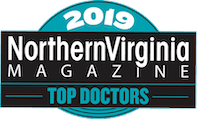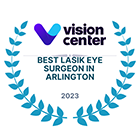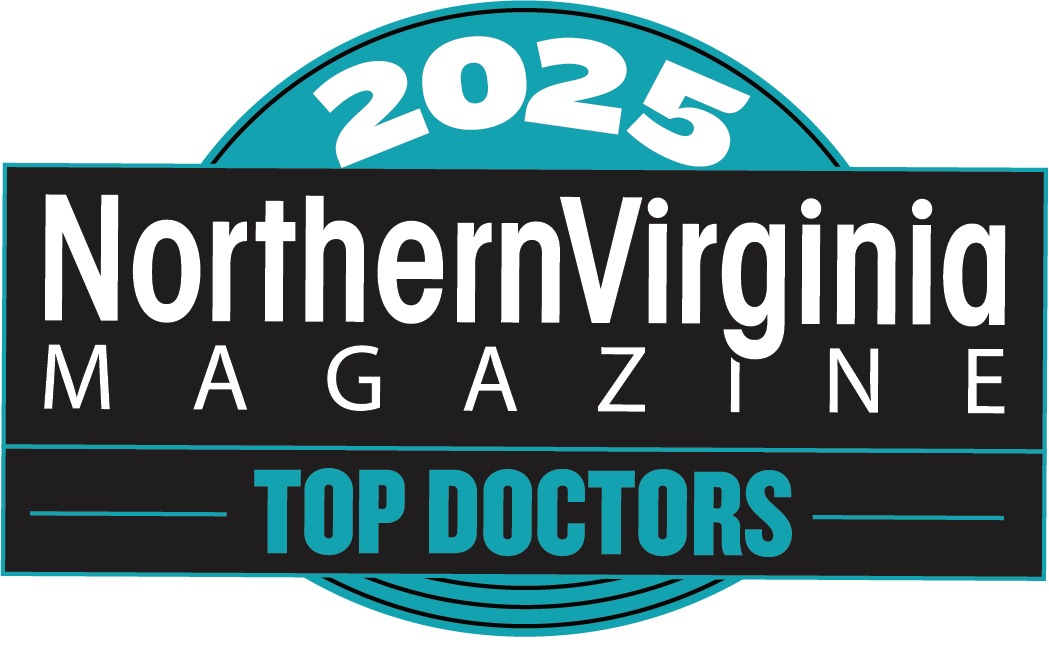
Thyroid eye disease - sometimes referred to as Graves' eye disease - is a relatively common condition. In fact, it is the leading cause of hyperthyroidism, or an overactive thyroid, in the United States. But how much do you know about the disease, treatments, and risk factors? Silk Vision is here to explain.
What is thyroid eye disease?
Thyroid eye disease is a condition that often develops in people with Graves' disease, an autoimmune disorder that impacts the thyroid gland. Women are more at-risk than men. The hormones produced by the thyroid are important for the functioning of the body and its organs, including the eyes; the normal functioning of the thyroid is harmed by Graves' disease. Thyroid eye disease generally occurs a few months after patients are diagnosed with Graves' disease. The symptoms include eye irritation, dry eyes, inflammation of the conjunctiva (the inside of the eyelids), light sensitivity, and double vision.
How is thyroid eye disease treated?
Many patients with thyroid eye disease only experience mild symptoms. If this is the case, some things can be done at home to help, such as applying a cool compress to the eye or using eye drops. Additionally, a new medication has been developed called TEPEZZA (teprotumumab) that helps treat the cause of thyroid eye disease. It is the first and only FDA-approved Thyroid Eye Disease treatment, and it reduces eye bulging and double vision. This thyroid eye disease medication also improves signs and symptoms of the disease, including eye pain, redness, and swelling.
In more severe cases, however, surgery is recommended. Eyelid surgery can help patients who experience extremely swollen eyelids or bulging eyes which prevents them from closing their eyes. Eye muscle surgery can help correct double vision caused by thyroid eye disease. Orbital decompression surgery can reposition the eyes if they have been shifted due to severe swelling.
Thyroid eye disease affects different people in different ways, and the many treatment options can be overwhelming. For this reason, it is important to talk to an eye care expert about the best treatment for you. If you have questions about thyroid eye disease, don't hesitate to contact Silk Vision & Surgical Center or surgeon Dr. Rajjoub.











.png)

